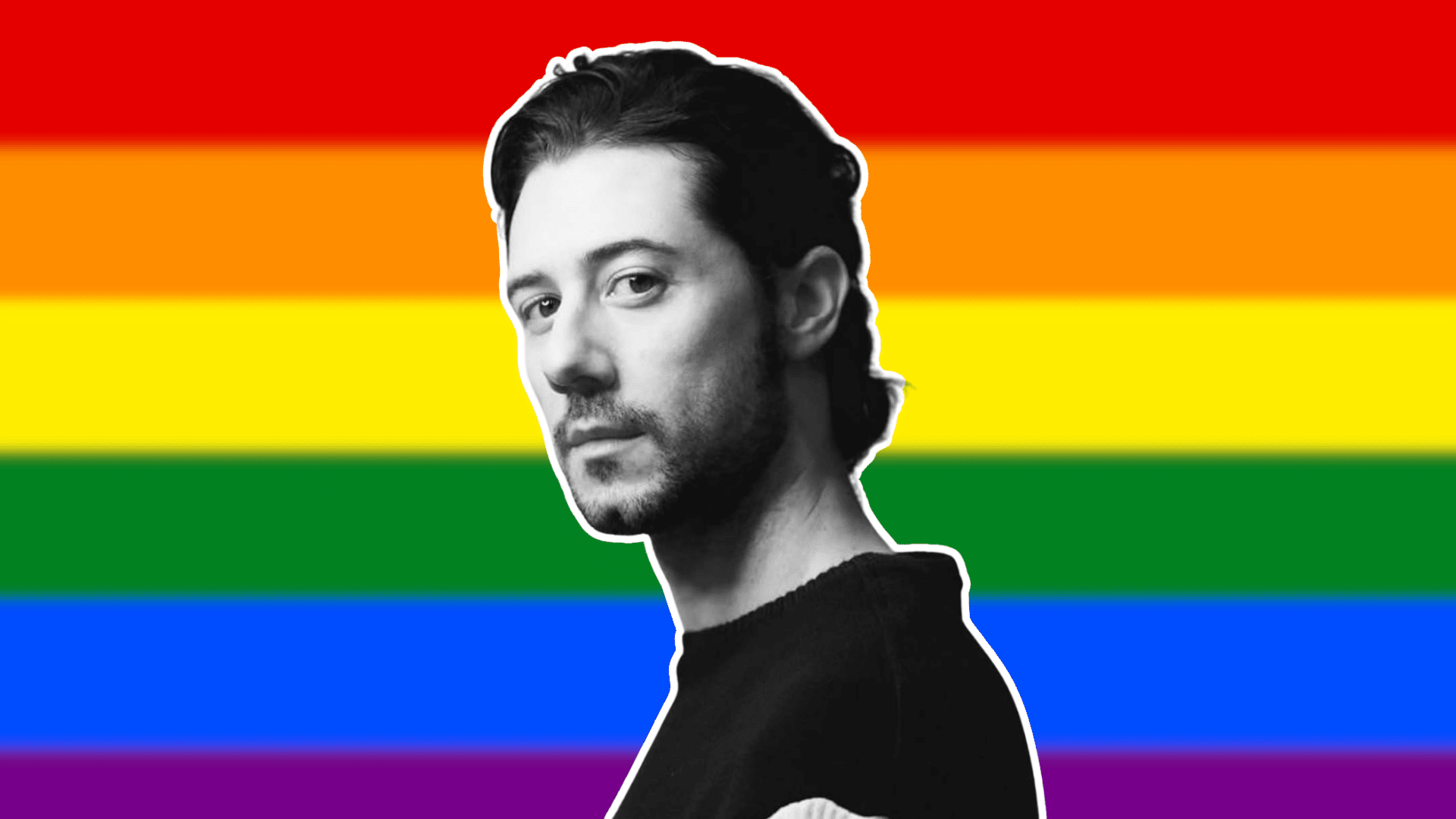The speech surrounding Hale Appleman’s sexuality illuminates our complex relationship with celebrity identity in entertainment media.
Known for his acclaimed portrayal of Eliot Waugh, a bisexual character in “The Magicians,” Appleman has drawn significant public curiosity about his personal life.
This exploration examines the origins of rumors, Hollywood’s typecasting tendencies, and the problematic conflation of actors with their roles.
While Appleman has been a visible advocate for LGBTQ+ representation, bringing depth and authenticity to queer characters, he maintains a deliberate boundary between his professional and private spheres.
The conversation around his sexuality reveals broader societal patterns—our constant need to categorize individuals, the entertainment industry’s evolving relationship with privacy, and the tension between genuine representation concerns and invasive speculation.
Ultimately, the discussion raises important questions about ownership of identity and the responsibilities of both media and audiences.
Who is Hale Appleman?
Hale Appleman is an American actor best known for his role as Eliot Waugh on the popular TV series The Magicians. Born on January 24, 1986, in New York City, Hale has been passionate about acting from a young age.
He started his career on stage before transitioning to television and film. In The Magicians, Hale’s portrayal of Eliot, a witty and magical character, earned him a lot of praise.
He has also appeared in various other TV shows and movies, showing his range in different roles. In addition to acting, Hale is known for his strong advocacy of LGBTQ+ rights.
His talent and activism have made him a beloved figure in both the entertainment world and his community.
Where Did the “Hale Appleman Gay” Rumors Come From?
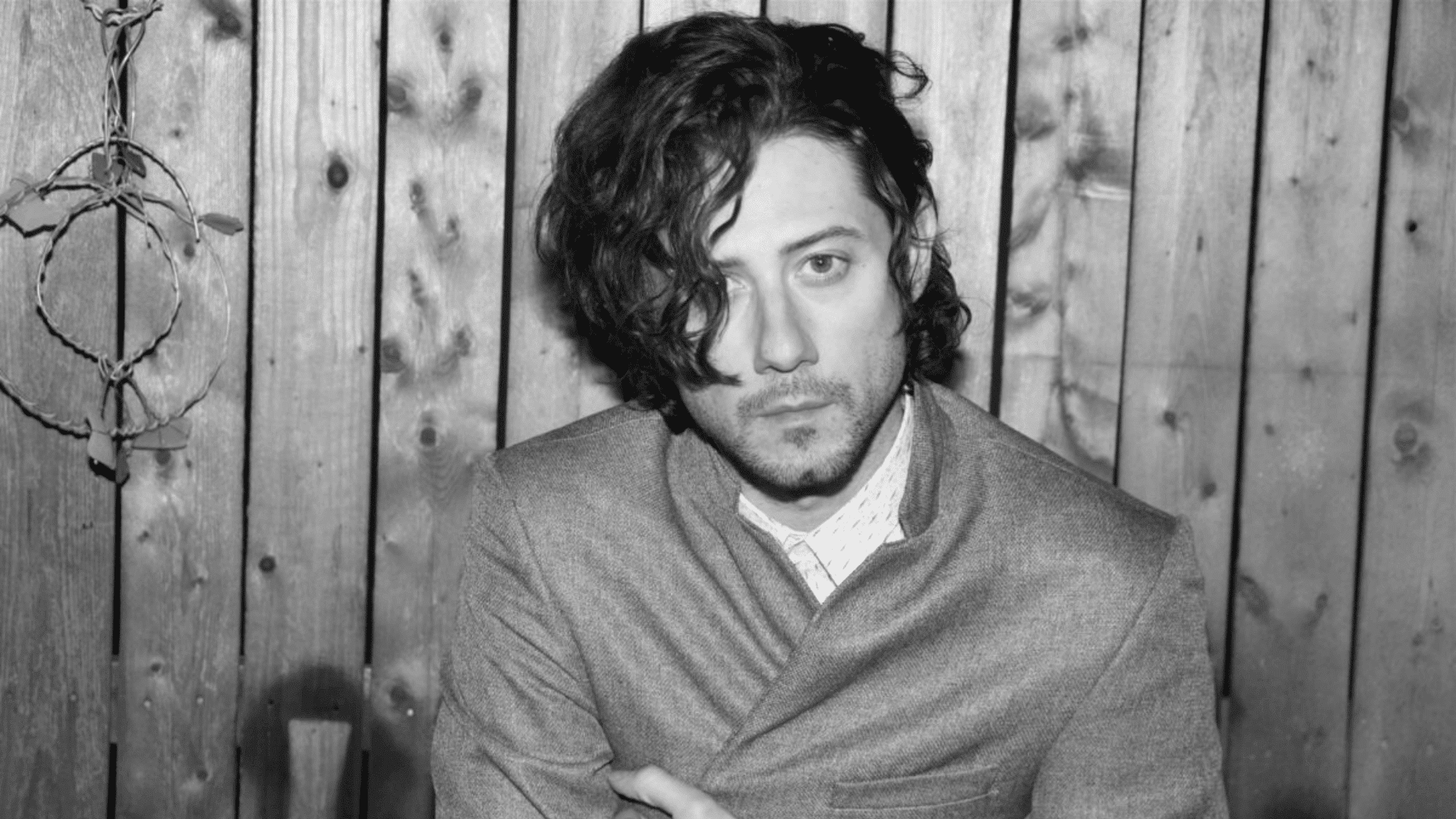
The rumors about Hale Appleman being gay likely started due to his portrayal of Eliot Waugh in The Magicians, where his character is openly bisexual.
Fans admired Hale’s ability to bring depth and authenticity to Eliot’s fluid sexual identity, which led to speculation about his sexuality.
Over time, many fans began to associate his on-screen persona with his personal life. However, Hale has never publicly confirmed or denied these rumors, leaving room for speculation.
It’s important to remember that an actor’s role does not necessarily reflect their real-life identity. Hale has always been open about his support for LGBTQ+ rights, but he has kept his private life separate from his career, leading to ongoing curiosity and discussion.
Hollywood Stereotypes and Flamboyant Roles
Hale Appleman’s portrayal of Eliot Waugh in “The Magicians” showcased his ability to embody complex LGBTQ+ characters with depth beyond stereotypes.
While his flamboyant performance resonated with queer audiences, the entertainment industry often pigeonholes actors based on such roles.
Appleman has guided these waters carefully, bringing nuance to queer characters while advocating for more dimensional representation that transcends traditional Hollywood stereotypes about sexuality.
Media, Misinterpretations, and Fan Projections
Fan speculation about Hale Appleman’s sexuality stems from his convincing portrayal of LGBTQ+ characters and his advocacy for queer rights.
However, the media often blur the line between actor and role, leading to assumptions about personal lives based on professional work.
These projections reflect both the audience’s desire for authentic representation and the persistent tendency to conflate performers with their characters—a phenomenon particularly common when discussing sexuality in entertainment.
I’ll create content for each heading related to the keyword “Hale Appleman gay” according to your specifications.
What Has Hale Appleman Actually Said?
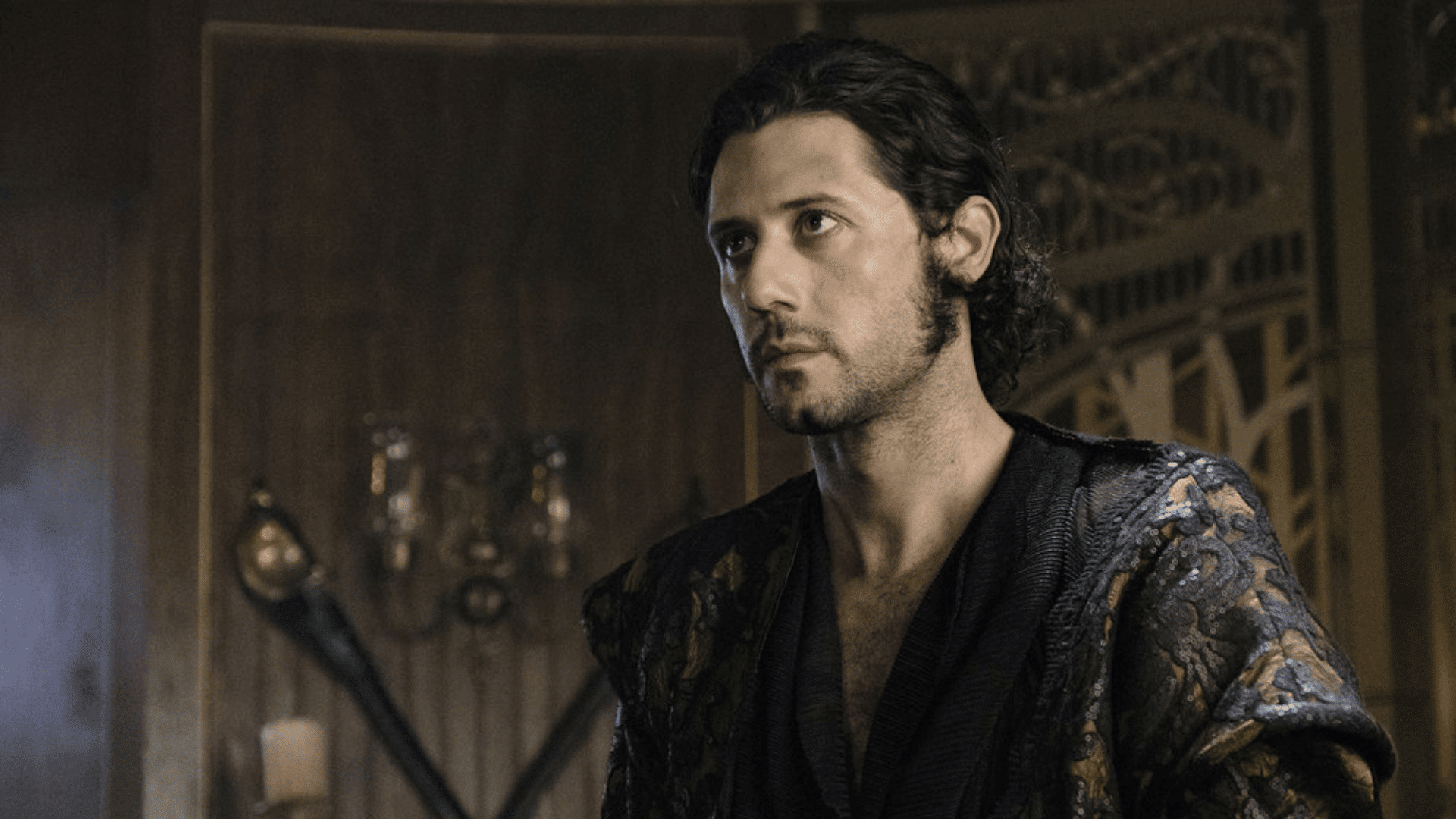
Hale Appleman has maintained a nuanced approach when discussing sexuality, neither explicitly confirming nor denying speculations about his personal life.
While portraying LGBTQ+ characters like Eliot Waugh in “The Magicians” with authenticity and depth, Appleman has focused interviews on the importance of queer representation rather than personal disclosures.
His public statements emphasize the complexity of identity beyond labels and the responsibility of bringing dignity to marginalized characters.
When addressing fan questions, Appleman redirects conversations toward the significance of visibility and storytelling.
He allows his work to speak while keeping certain aspects of his private life separate from his public persona, a boundary many performers maintain for personal reasons.
Quotes, Silence, and Strategic Privacy
The entertainment industry’s relationship with privacy has evolved significantly, with actors like Hale Appleman carefully navigating personal disclosures.
While some celebrities make definitive statements about their sexuality, others choose ambiguity or silence, not as denial but as boundary-setting.
Appleman’s approach reflects a growing sentiment that sexual orientation belongs to the individual, not public consumption. His occasional cryptic social media posts and thoughtful interviews neither confirm nor deny speculation, instead redirecting focus to his craft and advocacy work.
This measured approach allows him professional flexibility while maintaining personal dignity in an industry still grappling with typecasting LGBTQ+ performers.
Why Celebs Might Choose to Stay Quiet?
Celebrities like Hale Appleman may maintain privacy about sexuality for various valid reasons: preventing typecasting in an industry still struggling with pigeonholing, controlling their narrative rather than becoming tabloid fodder, or simply believing personal matters deserve protection.
Some may still be exploring their identity or wish to separate their art from their personal life, preferences that deserve respect rather than speculation or demands for disclosure.
The Bigger Issue: Why Society Can’t Stop Labeling?
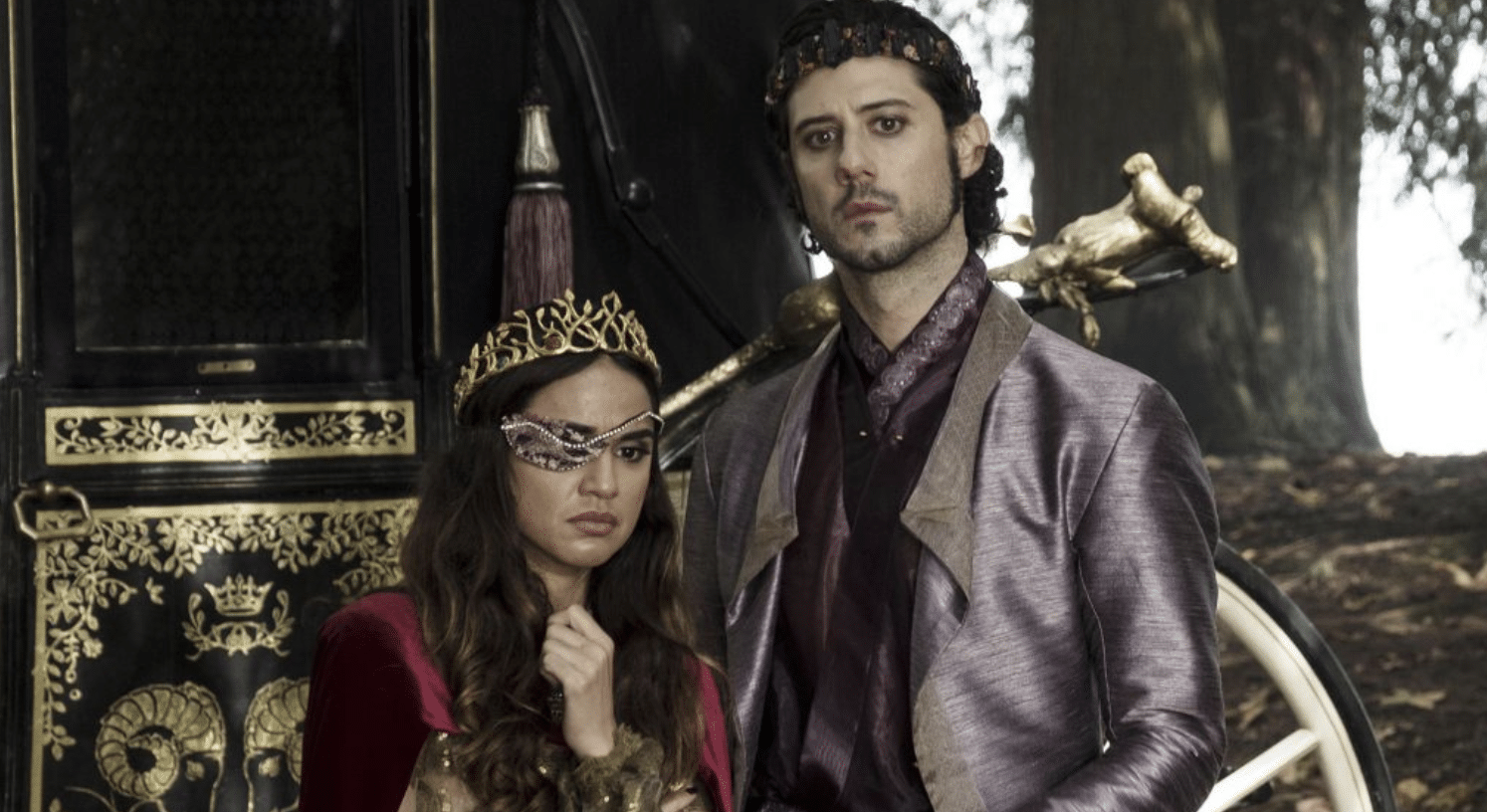
Our persistent need to label celebrities’ sexualities reveals more about cultural anxieties than the individuals themselves.
Hale Appleman, known for playing queer character Eliot Waugh in “The Magicians,” faces constant speculation about his personal life.
This obsession with categorizing performers speaks to our collective difficulty embracing fluidity and nuance in human sexuality.
Rather than appreciating Appleman’s nuanced portrayal of LGBTQ+ experiences, public discourse often reduces his work to questions about his private identity.
This compulsion to label reflects deeper societal discomfort with ambiguity and highlights how we still struggle to separate artistic performance from personal reality.
Perhaps our energy would be better spent celebrating Appleman’s advocacy for inclusive representation instead of speculating about his orientation.
Society’s Obsession with Sexuality
The fixation on whether Hale Appleman is gay demonstrates our culture’s unhealthy preoccupation with celebrities’ sexual orientations.
Despite progress in LGBTQ+ acceptance, we continue treating sexuality as spectacle and public property. This obsession manifests in endless internet searches, gossip articles, and social media debates about Appleman’s personal life, often overshadowing discussions of his artistic contributions.
Such scrutiny places unfair pressure on public figures to disclose or define their identities according to rigid binaries.
The question becomes whether our interest stems from genuine representation concerns or problematic voyeurism.
Appleman’s situation highlights how even as we advocate for sexual freedom, we simultaneously deny celebrities the privacy and complexity in self-identity that we demand for ourselves.
What We Should Really Learn from Hale Appleman?
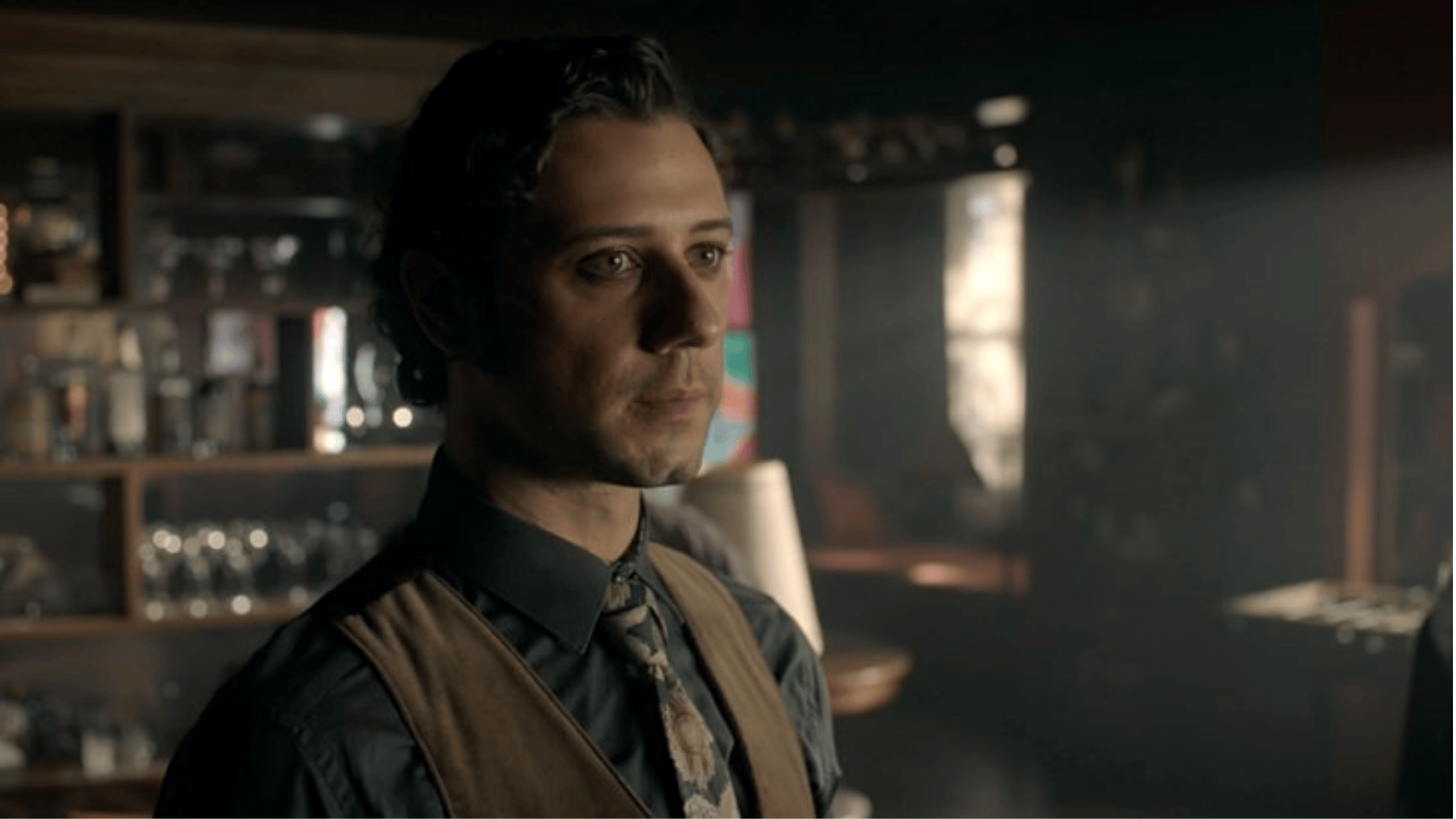
The discourse surrounding “Hale Appleman gay” searches offers valuable lessons about media literacy and respect.
Rather than fixating on actors’ private lives, we should appreciate their contributions to LGBTQ+ visibility through thoughtful character portrayals.
Appleman’s performance as Eliot Waugh challenged stereotypes while creating space for complex queer representation on television.
The more meaningful conversation involves examining how such roles impact cultural perceptions and create opportunities for authentic storytelling.
Instead of demanding performers fit into neat categories, we might question why we need this information at all.
Our energy would be better directed toward supporting equitable media representation and respecting boundaries between public performance and private identity—lessons that extend far beyond any single actor or role.
Conclusion
The passion with Hale Appleman’s sexuality reflects a cultural crossroads where representation matters deeply, yet privacy deserves equal respect.
Rather than demanding disclosure or categorization of Appleman’s personal identity, we might better honor his contributions by focusing on his artistic work and advocacy.
His nuanced portrayal of LGBTQ+ characters has advanced meaningful representation while challenging stereotypes—achievements that transcend questions about his private life.
Moving forward, a more enlightened approach would celebrate performers who bring authenticity to diverse roles without subjecting them to invasive speculation.
The true measure of progress lies not in knowing whether Appleman identifies as gay, but in creating space for complex identity expression both on-screen and off.
By redirecting our attention from labeling to understanding, we contribute to a culture where sexuality is neither hidden in shame nor exploited for public consumption, but respected as deeply personal.

